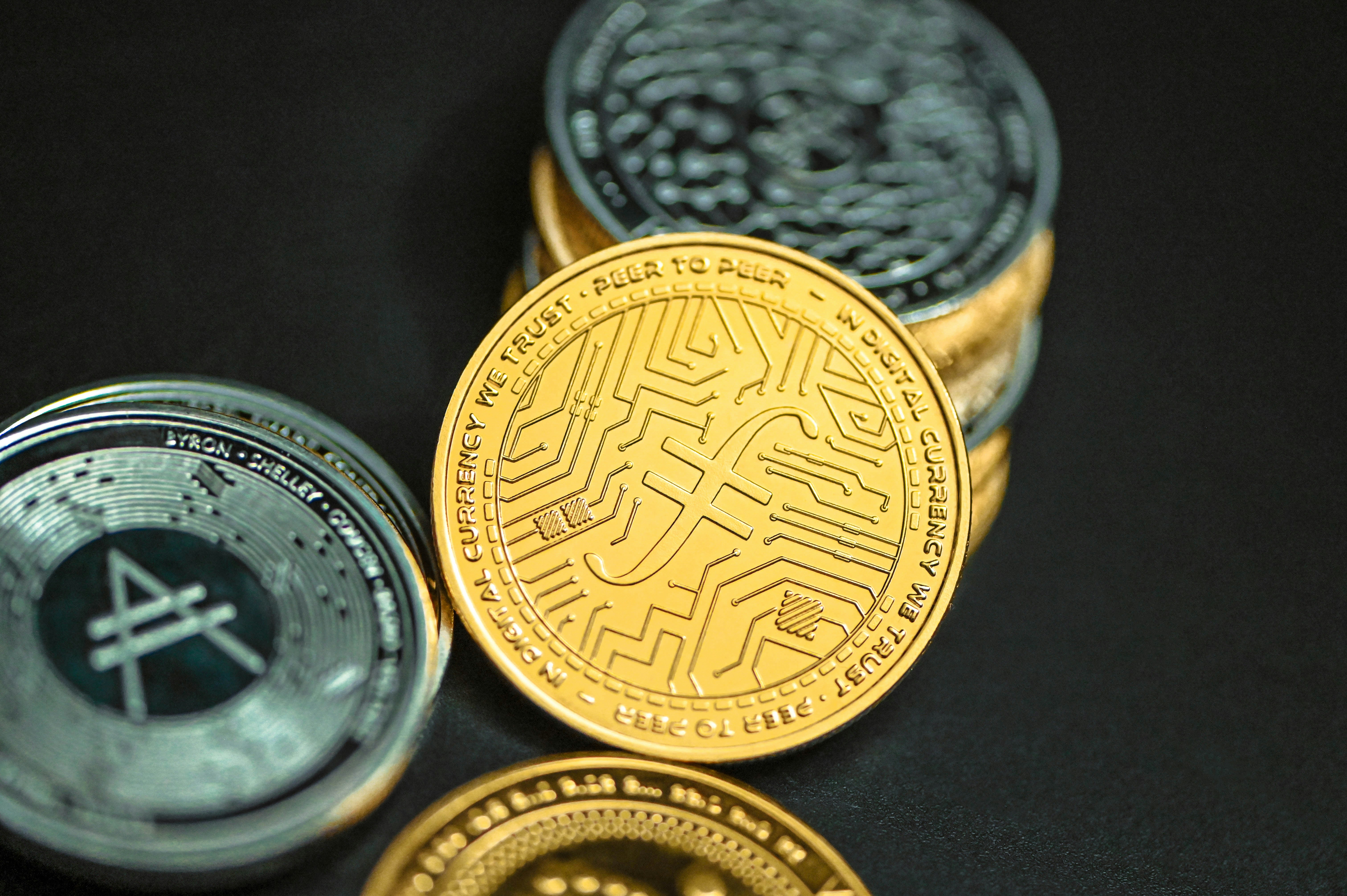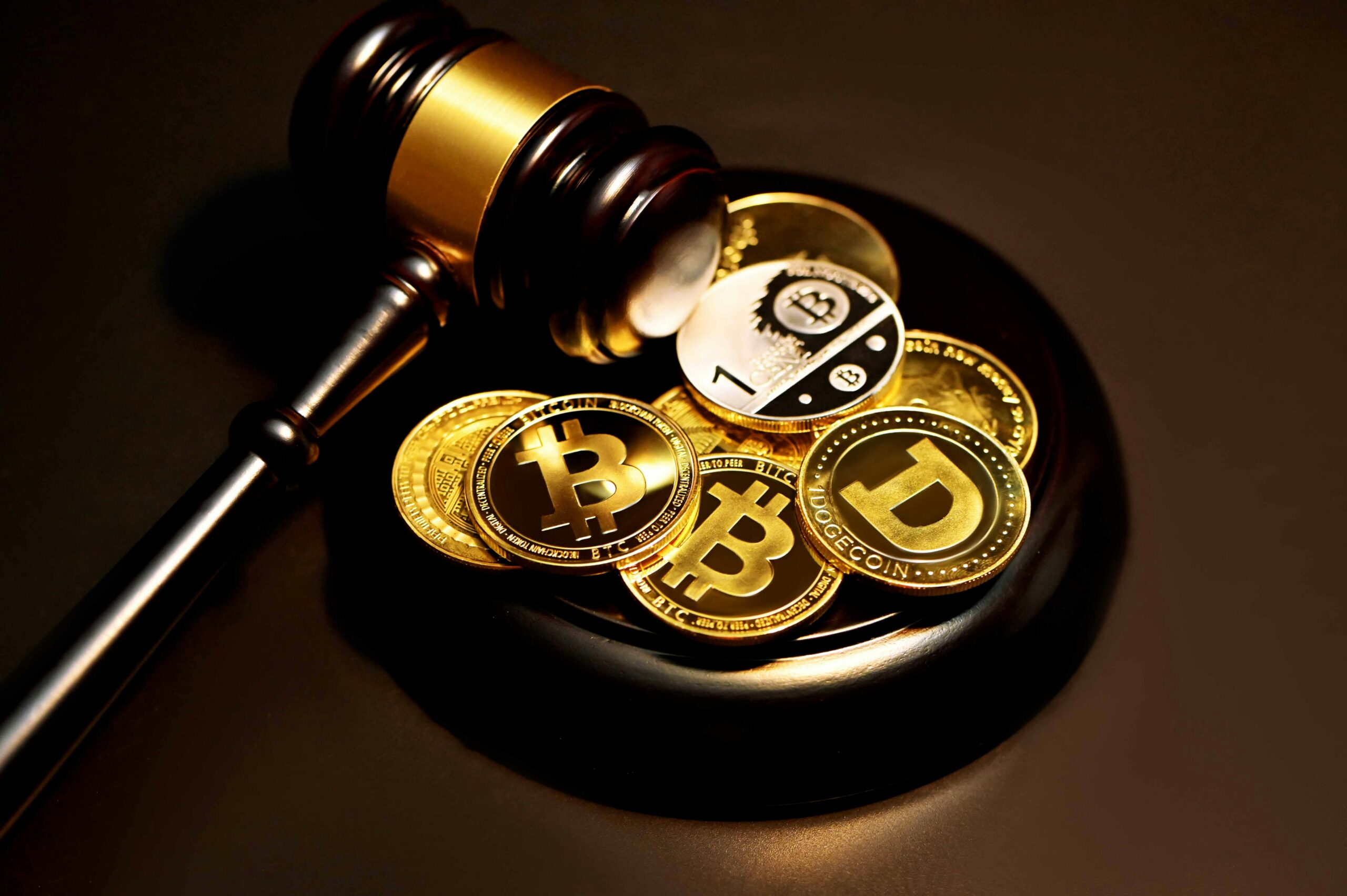Crypto Assets in Divorce: A New Frontier in Family Law?

According to a report by Forbes Magazine in September 2022 there are now more than 20,000 crypto currencies worth a collective $982 billion, and NFT artworks (non- fungible tokens) are changing hands for huge sums. One of the ways in which these assets differ from the other assets which are considered for sharing in a divorce settlement, is that they are much easier to hide.
‘This is a massive market and although crypto assets are now commonplace, many people still do not have much understanding of how they work or what they are worth,’ says Ms Amanjit Lalli, Director at A L Law,‘When it comes to divorce, it is not uncommon for us to see clients surprised at the value of their former spouses’ crypto assets, but it is important to take all assets into account when negotiating a financial settlement.’

What are crypto assets?
They are digital assets commonly known as crypto currencies. ‘Crypto’ means hidden, referring to the secure digital way data is held on who owns the asset, and ‘currencies’ reflects that this is a type of digital money.
Some commonly known crypto assets include Bitcoin, Binance, Ethereum and Tether though there are thousands more, with new ones being added regularly.
Crypto assets differ from traditional assets in that there is no central regulation authority, or government to control and regulate them in the way there is with banks and building societies. They operate using blockchain technology which is essentially a database ledger system to authenticate digital transactions.
Are they included in a divorce settlement?
In short, yes. Both spouses are under a duty to make a full and frank disclosure of all assets that they own. Crypto assets are considered to be an asset under the law of England and Wales and therefore they must also be disclosed and will form part of the division of matrimonial assets. The assets will need to be valued, the same as any other asset.
How are crypto assets valued for divorce?
Crypto assets tend to trade in a highly volatile market. This contrasts with traditional assets such as property, pensions and bank accounts which do not usually fluctuate to any great degree over the course of a few months. This means that if you are entering settlement discussions or attending court, and your pension valuation was six weeks old, it is unlikely to cause a problem as its value will be very similar to six weeks ago.
Each crypto asset has a value that can go up and down. How much of each crypto asset you hold will be multiplied by the published value for one of those assets, much the same way in which share valuations are calculated. It is important that the valuation of any crypto assets is up to date on the day of negotiations or a court hearing.

How can they be divided?
Crypto assets can be treated in the same manner as more traditional assets. The court has the power to order their transfer in whole or in part to the other spouse. This usually means a separate crypto account being set up for the other spouse. The court can also order their sale, with a division of the proceeds being ordered between the spouses.
It is not uncommon for significant variance in the value of crypto assets from one day to the next. This makes it hard to ensure that a fair settlement is achieved. Often judges will seek that both spouses end up owning some of each type of crypto
currency. This at least ensures both are exposed to the potential gains and losses in the market.
However, sharing is not an option with an NFT. Significant caution should be taken by any spouse seeking to offset crypto assets against more stable and traditional assets. What seems like a fair deal one day, could be grossly unfair to one spouse by the next.

I think my spouse is hiding crypto assets, what can be done?
If you have evidence that your spouse previously owned crypto assets, or they told you that they did, then you can ask the court for an order for disclosure. If your spouse continues to deny holding any then it may be necessary to carry out a
forensic investigation of their accounts. Often there can be historic signs in bank accounts, such as a transaction to initially buy some crypto-currency. It may be necessary to engage a specialist forensic accountant who can analyse your former
spouse’s disclosure for irregularities.
Unfortunately, the reality of crypto assets means they are easier to hide than traditional assets. However, a judge has the power to infer that there are hidden assets, if there are irregularities that cannot be explained. The judge can then make an adjustment for this when making their final order.
How we can help
If you or your former spouse hold crypto assets, then it is important that you obtain early advice from a specialist lawyer in order that you can achieve the best outcome in your financial division.
We specialise in financial remedy proceedings, offering expert advice and guidance. If you would like support in navigating the complexities of these matters, please contact us to book a free 20-minute consultation with one of our family solicitors who would be happy to help. For further information, please contact Ms Amanjit Lalli at A L Law on 020 3794 8280 or email amanjit@al-lawassociates.com. A L Law are based in Harrow.
This article is for general information only and does not constitute legal or professional advice. Please note that the law may have changed since this article was published.


